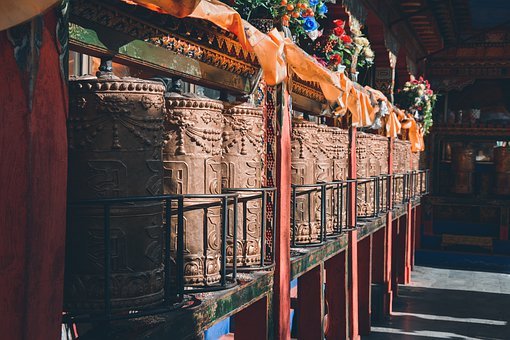How to learn Buddhadharma is very important. If Buddhists don’t dedicate efforts to hear, contemplate and meditate the teachings, focusing instead on the rituals such as attending pujas, tsok, fire offering and empowerment ceremonies, burning expensive incense and worshiping the deities, among others, the real meaning of learning the Dharma would still be missing even if these are all done with great sincerity. Although a properly conducted empowerment is needed and useful, absent the practice of hearing, contemplation and meditation, the Buddha’s thought and teachings will not be propagated effectively. Holding concerns for personal health, longevity, money, work, family, etc. as their ultimate goal, Buddhist followers can neither benefit from practicing the Dharma nor actualize the path to liberation. And Buddhadharma ends up losing its real core value.
~Depicted from THE HANDBOOK FOR LIFE'S JOURNEY - On The Three Poisons-How to Confront Anger











